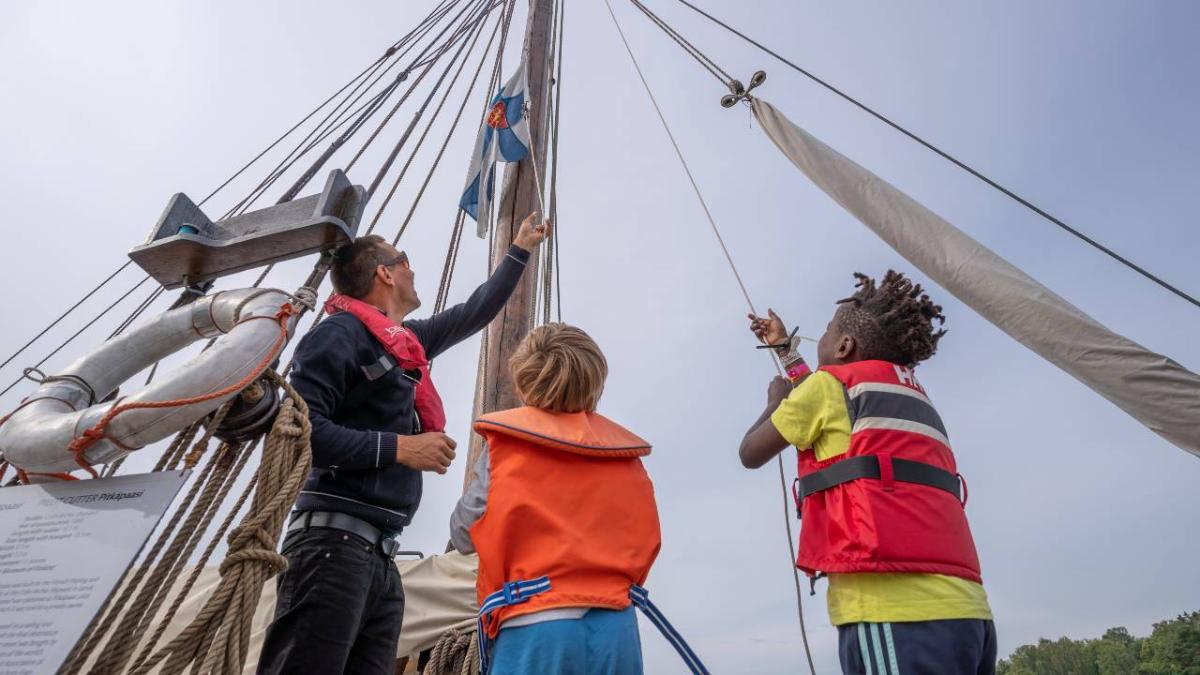Report: Finland’s centenary celebration year brought a wide-ranging group of citizens and communities together to create a shared celebration

The 100th anniversary of Finland’s independence supported citizens’ participation and increased the activeness of businesses in society. This is revealed in a new study carried out by the Center for Cultural Policy Research Cupore, Owal Group and Demos Helsinki. On the other hand, the celebration’s success in its achieving its main objective, increasing people’s sense of belonging, was more short-term.
The Finland 100 Secretariat and the Prime Minister’s Office succeeded in creating an operating model for the anniversary year and in providing citizens with different opportunities to participate in the national celebration and to experience inclusion. The study explored the opportunities for participation created by the activities of various cooperation networks throughout the centenary year and examined how citizens and communities participated in the centenary year and what impact the centenary year has had on participation.
According to the study, Finland’s centenary year created various “platforms”, i.e. means, events and venues, for participation. The theme of the centenary year was implemented through projects, events and campaigns carried out by various civil society operators and through business cooperation aiming for a new kind of social impact. In addition to offering various centenary-themed products, businesses carried out projects that highlighted volunteering and involved both customers and employees. Individual citizens participated in the centenary year as audience members, as consumers of anniversary products and programming, and by organising programming for the centenary celebration themselves.
According to the study, the centenary year succeeded in supporting citizens’ activeness and participation throughout Finland. Women were particularly active as participants in and producers of events. Although only minimal concrete changes could be identified in the ways of celebrating Finland’s independence, people recognised the importance of participating in the centenary year. The centenary year also had at least a momentary positive impact on participation in society, as it helped to create experiences of participation during the year and activated citizens to participate in the celebration in a variety of ways. In addition, the centenary year appears to have had a longer-term impact on certain forms of voluntary work, as it increased the social activation of businesses in particular.
According to the report, Finland’s centenary year created a new sense of inclusion and cohesion, at least for the duration of the year. Most of the people who took part in the projects and events of the centenary celebration year were already active in their communities. The main objective of Finland’s centenary year – an increased sense of belonging – was achieved during the year, but its impact tended to be more short-term in nature.
This publication is the second in a series of reports looking into the impacts of Finland’s centenary celebration year. The first report, which dealt with cooperation and organisation, was published in September 2020. A third report focusing on image and identity impacts will be published in summer 2021, along with the conclusions of the study.
Inquiries:
Mervi Luonila, Senior Researcher, Center for Cultural Policy Research Cupore, tel. +358 46 921 7076, [email protected]
Marjo Mäenpää, Director, Center for Cultural Policy Research Cupore, tel. +358 50 586 0414, [email protected]
Mia Toivanen, Partner, Owal Group Oy, tel. +358 40 566 7536, [email protected]
More information about the Finland 100 research project (in Finnish)